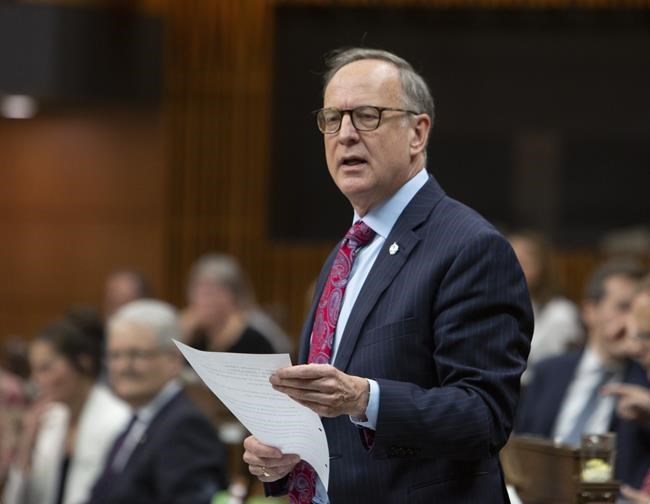OTTAWA — A month-long filibuster at the House of Commons foreign affairs committee is over after MPs agreed to delay a study on reproductive rights until after the Conservatives choose their next leader.
The filibuster — a procedural move that often involves speaking for an extended period of time as a way to delay a decision — began when Liberal Hedy Fry introduced a motion calling for the study on May 16.
The delay means that work on the committee's other studies on vaccine equity, the situation in Taiwan and Russia's invasion of Ukraine is unlikely to wrap up until the fall.
Liberal MP Rob Oliphant says the compromise to delay the study was reached because the Conservatives did not want to have to discuss abortion while their leadership race was underway.
Abortion has long been a divisive issue for the Conservatives and some MPs have accused the Liberals of trying to raise it at every opportunity as a political wedge issue.
Conservative foreign affairs critic Michael Chong says his party wanted to focus on the work on other topics already underway, but when it became clear the Liberals wouldn't budge on the abortion study, the Conservatives agreed to move it to the fall.
This report by The Canadian Press was first published June 21, 2022.
The Canadian Press



